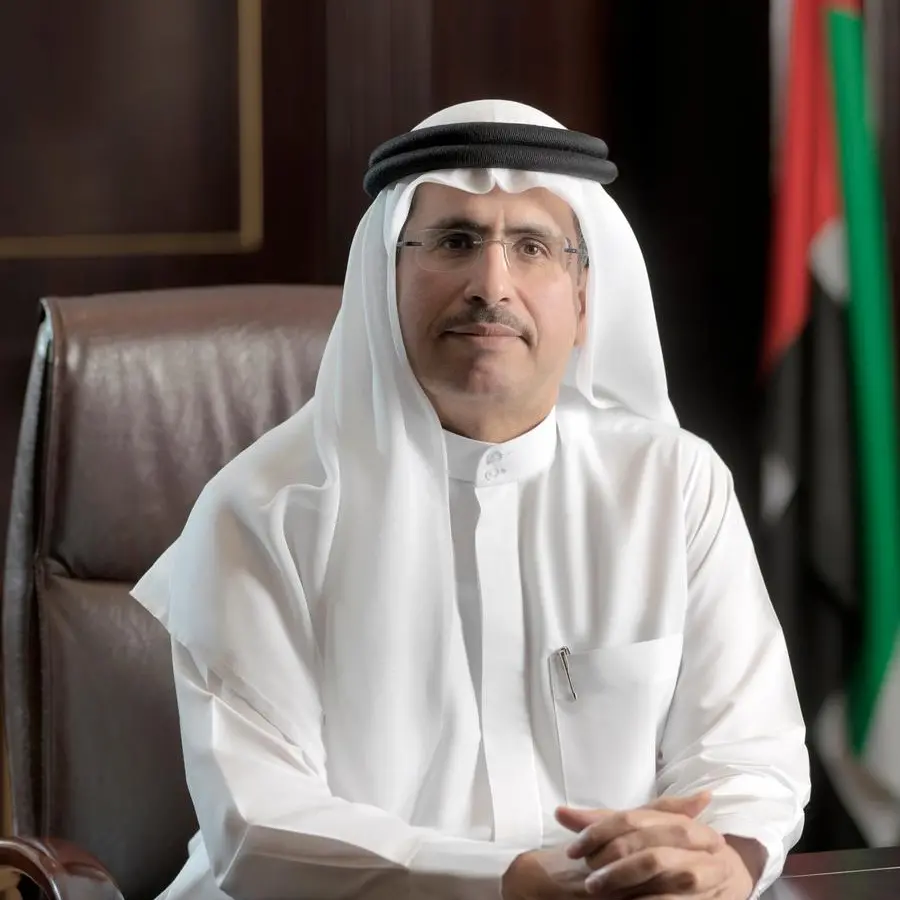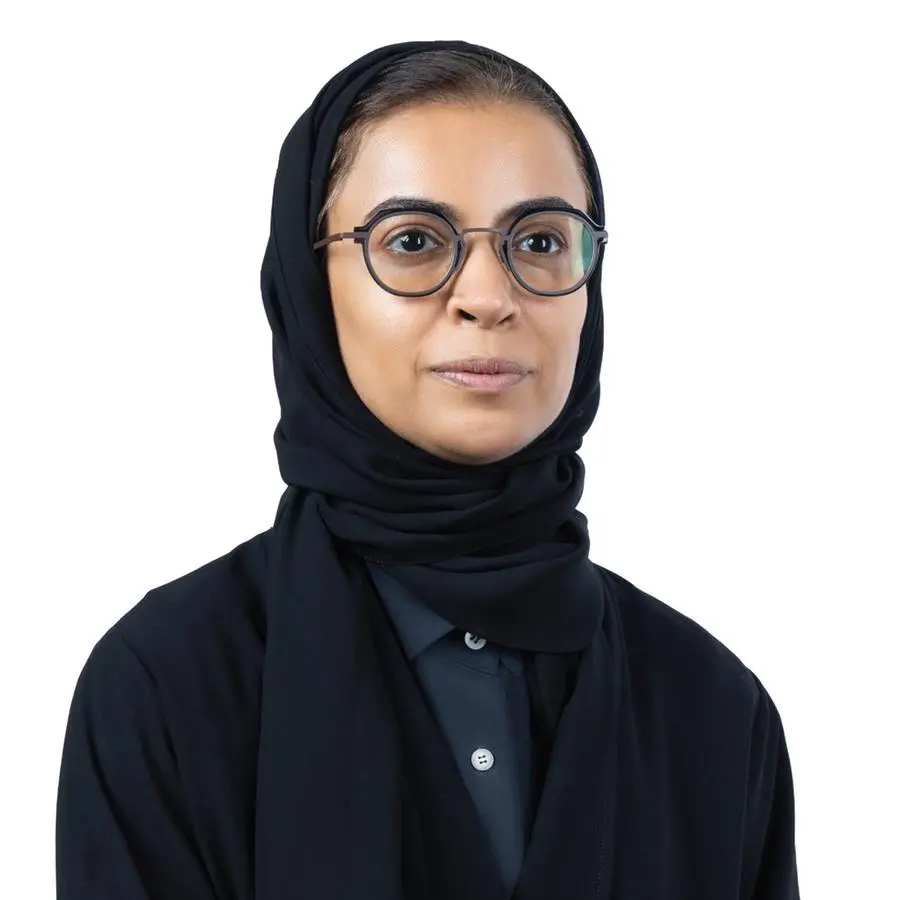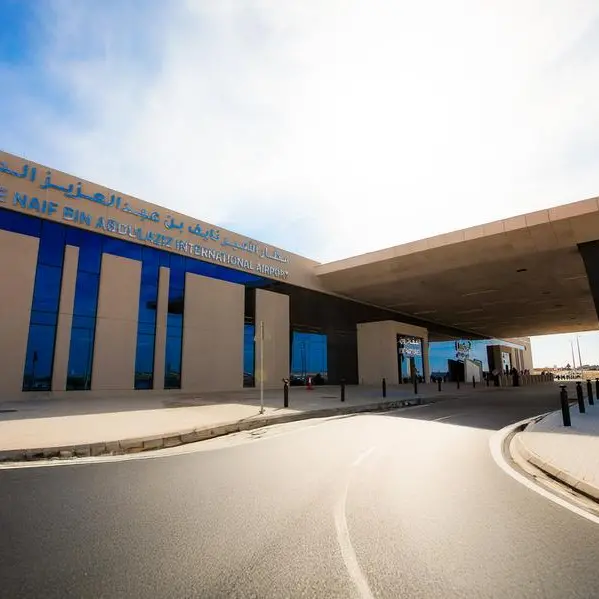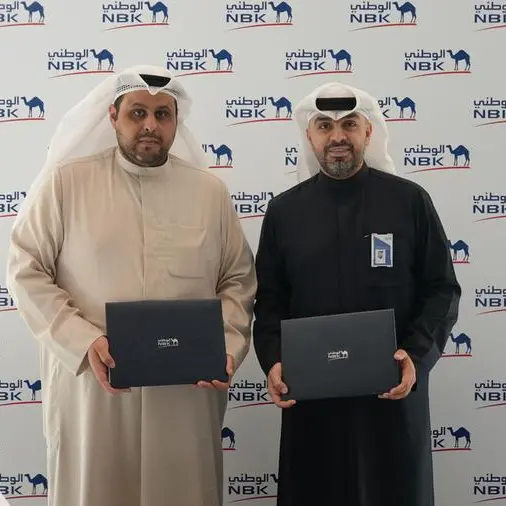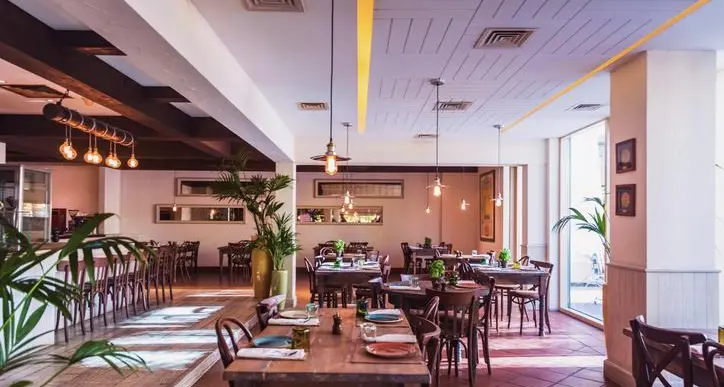PHOTO
Abu Dhabi - JLL, the world's leading real estate investment and advisory firm, today releasedits second quarter (Q22015) Abu Dhabi Real EstateOverview reportthat assesses the latest trends in the office, residential, retail and hospitality sectors.
David Dudley, International Director and Head of Abu Dhabi Office at JLLMENA, commented: "The general trend for Q2 and indeed the first half of 2015 has been stability, with performance of most sectors remaining flat, and a slight increase inhospitality performance."
He commented: "Following a two year bull-runwe are currently going through a period of mid-cycle stabilization. This is primarily driven by a slow-down in the pace of demand growth, but with short term supply completions under controlthe market conditions are stable.The softening of demand principally stems from the decline in oil prices, which has directly affectedAbu Dhabi's dominant petro-chemicals sector, and also lead to a reduction in domestic government spending as the government re-prioritises its projects, and a decline in investor sentiment."
"We still expect demand growth to continue, but at a slower pace. Employment creation and residential demand growth will continue to be sustained from projects commenced while oil prices were high - with projects such as the airport and Etihad expansion having an economic multiplier effect. However the extent to which conditions remain stable over the next year or so very much depends on the government's spending plans. With an increasing cost of living and a reduction in demand, we are currently at a 'tipping point', with market stability very much dependent on the government continuing to invest in to major new infrastructure and economic development projects."
He also commented: "Further key developments this quarter have been the government announcing new laws. The long awaited real estate laws have now been announced and are set for implementation, including provision for a new Real Estate Regulatory Authority and new regulations affecting escrow accounts, land and property registration, strata law, the licencing of real estate activity and new fees and procedures. This will particularly affect speculative residential development."
"The Abu Dhabi Global Market is further progressing plans for Abu Dhabi's financial freezone, issuing its draft Financial Services Regulations for public consultation. A key implication of these draft regulations is to restrict financial activity to non-Dirham trading to attract new demand rather than competing with existing local businesses".
SECTOR SUMMARY HIGHLIGHTS - ABU DHABI:
Office:
Total office stock reached approximately 3.2 million sq m GLA in Q2, with the delivery of new space at Masdar City, Abu Dhabi International Airport and Capital Centre adding 48,000 sq m GLA. An additional 140,000 sq m of office GLA is expected to enter the market throughout the year.
Demand for office space has generally remained flat this quarter due to the decline in oil prices directly impacting the oil related sector and indirectly impacting other sectors due to a slow-down in government spending. Large-scale requirements continue to be driven by the government sector and state-owned enterprises with the bulk of private sector demand focused on smaller office suites.
In spite of weak demand, Grade A office rents have remained stable due to minimal vacancies within Grade A stock,with average Grade A and B office rents remainingat AED 1,730 per sq m and AED 1,180 per sq m respectively.
Mr. Dudley commented "Further office completions throughout the year are expected to slightly increase the market-wide vacancy rate, but with a significant proportion of high quality office space being pre-committed, we expect Grade A rents to be upheld".
Residential:
No major deliveries took place during this quarter keeping residential stock at approximately 244,000 units. However, approximately 6,000 residential units are expected to enter the market by the end of 2015, dominated by the delivery of The Views in Saraya, Hydra Avenue and The Wave on Reem Island, C59 in Rawdhat and Amwaj 2 in Al Raha Beach.
For the Residential sales market, prices have remained stable in Q2 2015 following 25% annual growth during 2013 and 2014. While prices have been upheld, there has been continued downward pressure on transaction volumes due to a decline in sentiment.
Residential rents have remained stable this quarter. While demand growth has softened, stock completions currently remain stable and vacancy rates remain minimal within quality schemes. Mr. Dudley commented "As we predicted earlier in the year, we are expecting single digit rental growth during 2015, following 17% growth in 2013 and 11% in 2014, as supply and demand become more balanced."
Retail:
Retail stock reached approximately 2.6 million sq m GLA with the only delivery being Al Shamkha Community Mall adding approximately 43,000 sq m of retail GLA. Approximately 54,000 sq m of retail GLA is expected to enter the market by the end of 2015, largely as non-mall retail within mixed-use developments.
Retail Rents remained stable this quarter and this is expected to continue in the short-term. Retail supply is expected to increase significantly from 2018 with the delivery of new Super Regional Malls.Demand for the new malls will partly be supported by new population and tourism growth. Mr. Dudley commented "With greater competition, we expect the market to polarise with lower quality malls needing to be re-positioned. In the meantime, retail rents are expected to remain stable."
Hotels:
The second quarter of 2015 saw the soft opening of the 318 key Burj Al Sarab. The only noticeable change in the serviced apartment market was the grand opening of the Danat Residences in early April. Major openings expected for the coming months are the Grand Millennium Bab Al Qasr (677 keys), the Grand Hyatt with 368 rooms and the 315 room Marriott paired with a Marriott Executive Apartments.
Demand continues to grow quarter on quarter, principally driven by wide-ranging government initiatives to increase tourism, including the expansion of the International Airport and the national carrier Etihad Airways, the further improvement of Abu Dhabi's leisure offering and attractions, the hosting of world-class events and major campaigns by the Abu Dhabi Tourism and Culture Authority to promote Abu Dhabi internationally.
The number of hotel guests who checked into Abu Dhabi hotels continues to experience rapid growth with the first four months of 2015 being 20% above the same period in 2014 (according to ADTCA). Optimism for the rest of the year has led the authorities to increase their hotel guests target for 2015 to 3.9 million instead of 3.5 million.
Mr.Dudley commented "Over recent years,while there has been a steady increase in tourism arrivals, the positive increase in demand was largely offset by new supply coming through, impacting on performance.The pace of supply additions is now slowing downwhile demand growth continues quarter on quarter."
-Ends-
Abu Dhabi Prime Rental Clock
This diagram illustrates where JLL estimates each prime market is within its individual rental cycle at the end of the relevant quarter.
*Hotel clock reflects the movement of RevPAR.
Source: JLL
Contact:
David Dudley / Kathryn Athreya
Phone: +971 2 443 7772 / +971 4 426 6999
Email: david.dudley@eu.jll.com/ Kathryn.athreya@eu.jll.com
Erica Pettit / Vadia Rai
+971 4 437 2105 / +971 4 437 2110
erica.pettit@fticonsulting.com /vadia.rai@fticonsulting.com
Press Release 2015


